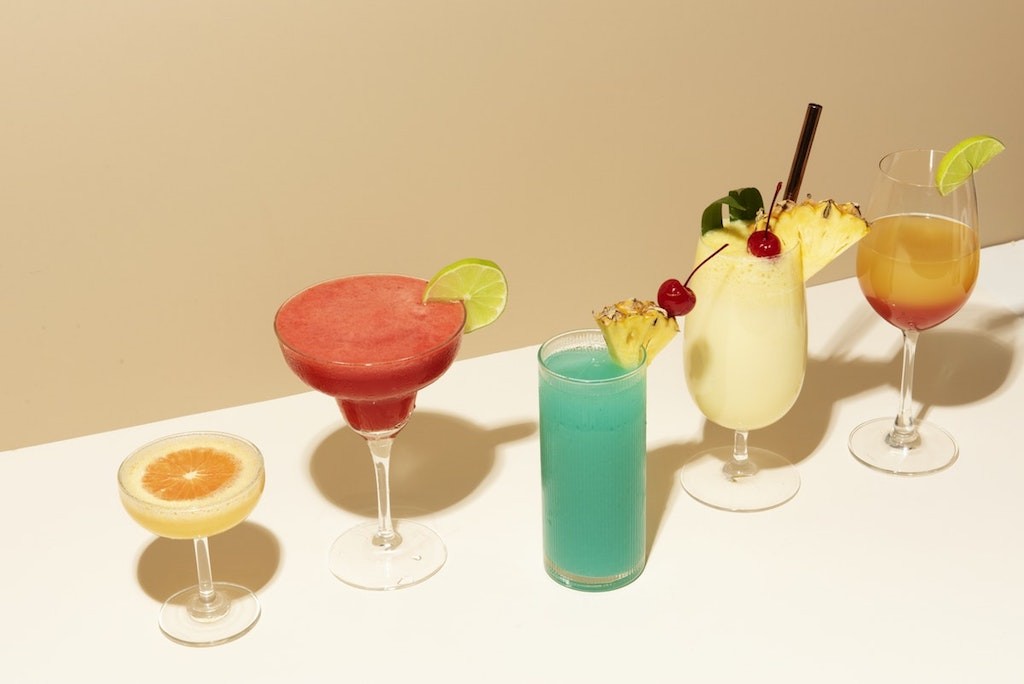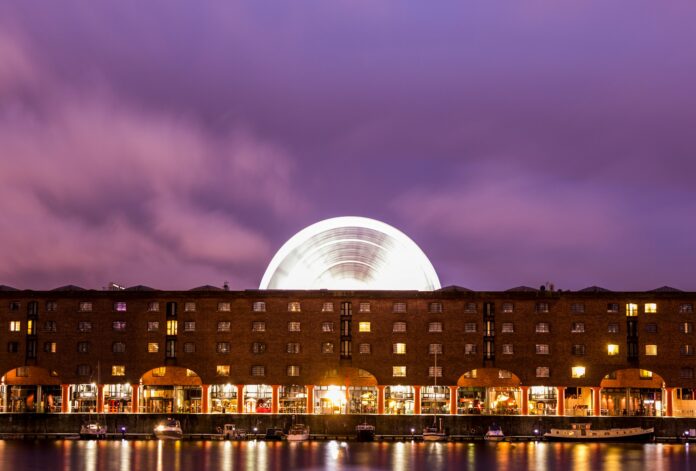Last year, it was reported in the Independent that almost 1 in 4 young adults are now teetotal, with many more choosing to live a low alcohol lifestyle.
That said, the stresses of the global pandemic and several lockdowns spent at home have caused some Brits to develop an increasingly unhealthy relationship with drink, with the independent alcohol education charity Drinkaware reporting last year that nearly 12 million of us were drinking more since the first lockdown began.
Now that COVID restrictions have largely been lifted and the majority of our socialising shifts from Zoom pub quizzes to the actual pub, the pull of pints, pinas and Pimms can quickly turn problematic.
But it shouldn’t have to be this way. It’s eminently possible to negotiate a sober yet social life that’s energising, fulfilling and diverse. With that in mind, here’s how to navigate through a no or low alcohol life.
FIND YOUR FAVE LOW-TO NO DRINK
Back in 2019, we saw Sainsbury’s pop-up pub The Clean Vic serving only non-alcoholic and low (up to 0.5%) ABV alternatives to wines, beers and spirits. Since then, BrewDog have opened the country’s first completely alcohol free bar, featuring 15 taps of craft, 0% ABV beer.
These openings, it seems, are just the tip of the iceberg; in fact, the low and no alcohol drinks market is booming.
All of this is great news for the teetotal or ‘sober curious’ consumer; socialising without the getting drunk part has never been easier. Once you’ve found your favourite low-to-no beverage, the pressure to drink when out with friends feels a lot less pervasive.
Accordingly, bars and restaurants across the UK have seriously upped their mocktail game, with many of these non-alcoholic options more tempting than their alcoholic brethren. And the best part? You can enjoy these very grown-up soft drinks without the hangover.
It should be mentioned that for those with a more serious alcohol dependency, low or no alcohol drinks may actually make problems worse, with experts believing that zero alcohol drinks – mocktails, ‘near beers’…whatever you want to call them – may actually cause temptation to increase in problem drinkers.
Instead, try to nurture a completely drug and drink free lifestyle. It’s also important to be aware that, for those with a serious alcohol dependence, quitting cold turkey without assistance can be dangerous.

CHANGE THE WAY YOU DEFINE FUN
Not every public social gathering needs to come with a pint in hand, even if it’s an alcohol free one! In fact, some of the most fun occasions and events can be enjoyed to their fullest without any drink at all.
Deciding to embrace a rich and varied social life without pubs and bars can actually be incredibly liberating, and you may well find your social circle expands rather than tightens as a result. Sign up for a local arts and crafts class, attend poetry readings, go to exhibitions, take up pilates, join a five-a-side football team, sing in a choir…once you put down your pint glass, you’ve got both hands free to embrace a sober free life!
And sure, there are still going to be times when you’re keen to get dressed up and hit the town. Rather than leaving the party planning to your friends, why not host a party yourself, and in doing so, keeping it a low alcohol or alcohol-free event?
Read: How To Recognise And React To Signs Of Addiction In A Friend
RETHINK FOMO
Sometimes, FOMO (do we really need to spell it out for you?) can almost feel like it’s physically lifted you off your sofa and willed you into the pub. It’s worth asking yourself what you’ll really be missing out on; a hangover, a memory blackout, the risk of disgracing yourself, the several hundred pounds spent?
Instead, cherish the positive changes that sobriety can bring, such as a clearer, more radiant complexion, a better quality of sleep, improved confidence, and a healthier bank balance to boot.
A word on that bank balance; it’s estimated that the average household spend on alcohol is just under £1000 a year. But problem drinkers spend way more. If you were to consistently have three or four drinks a day, then that spend could be tripled. Now, imagine what you could be spending that money on if you weren’t drinking it!
What were you afraid of missing out on again?
Read: 5 amazing benefits of quitting alcohol today

FIND COMPANIONSHIP IN THE COMMUNITY
The recovery community is an incredibly supportive one. Should you be finding it hard to socialise with old friends without alcohol, rest assured that opportunities for companionship are abundant in the UK’s proudly alcohol free spaces.
To name just a few; Living Sober is a worldwide support system, Soberistas and One Year No Beer both require membership but offer diverse community based encouragement, and the Reddit community /r/stopdrinking is perhaps the most populated online support group in the world.
There are also loads of super supportive Facebook groups out there, including Be Sober, which has nearly 17’000 members, This Naked Mind, with 12’000, and Club Soda Together, boasting 16’000 in the community.
Within one or all of these communities, you’ll find invaluable encouragement and support from others trying to cut down or quit.
*This article is not intended to replace medical advice, diagnosis or treatment given by a qualified mental health professional. Instead, this article only provides information, not advice. For any medical enquiries, always consult your GP first. What’s more, the NHS have a page dedicated to Alcohol Support, including help with finding alcohol addiction services in your area. Do check it out*





